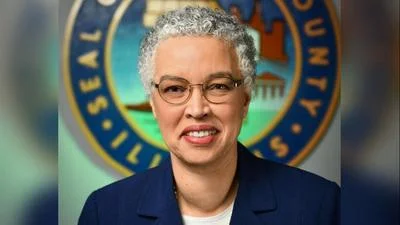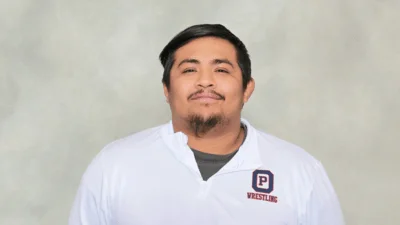Loyola Health System issued the following announcement on Aug. 7.
MAYWOOD, IL – In patients with chronic kidney disease, medical nutrition therapy can slow the progression and significantly reduce healthcare costs.
But 90 percent of non-dialysis kidney disease patients never meet with a dietitian, according to an article in the Journal of the Academy of Nutrition and Dietetics. The lead author is Holly Kramer, MD, MPH, of Loyola Medicine and Loyola University Chicago Stritch School of Medicine.
"Most adults with chronic kidney disease remain poorly informed of how diet influences disease management and progression," Dr. Kramer and colleagues wrote.
About 30 million Americans – or 15 percent of adults – have chronic kidney disease, and the incidence is expected to increase in the next 20 years due to the obesity epidemic and aging population. Nearly half of adults age 65 and older are expected to develop kidney disease during their lifetimes. Medicare spends $33 billion a year on dialysis patients, and costs for non-dialysiskidney patients are higher than the costs of treating stroke or cancer.
Medical nutrition therapy (MNT) is one of the most important ways to slow the progression and prevent kidney failure. MNT consists of individualized nutrition assessment, care planning and dietary education by a registered dietitian nutritionist. MNT has been shown to improve blood sugar control and blood pressure, thus slowing kidney disease progression and delaying or preventing the need for dialysis or a kidney transplant.
Although patients may receive dietary counseling from physicians or nurses, such counseling often is brief and involves only broad suggestions such as reducing salt or protein intake. By contrast, MNT includes an in-depth individualized nutrition assessment, personalized treatment plan and periodic monitoring and reassessment. The National Kidney Foundation and Academy of Nutrition and Dietetics recommend MNT for all persons with kidney disease, regardless of stage.
There are several reasons why so few kidney patients receive MNT. Some physicians do not refer patients to MNT under the mistaken belief the service isn’t covered. Other doctors may not recognize the strong role dietary factors play in kidney disease, or lack confidence that MNT will be effective. Some patients may be reluctant to invest the time and money in MNT. Moreover, only a limited number of registered dietitian nutritionists are trained in kidney disease management and many are not enrolled as Medicare providers.
More research is needed to study the barriers to MNT and effective solutions, the authors wrote. "The high burden, cost and growth of chronic kidney disease requires urgent action, and MNT services must be part of any broad plan to reduce [kidney failure] incidence and improve public health."
The study is titled "Medical Nutrition Therapy for Patients with Non-Dialysis-Dependent Chronic Kidney Disease: Barriers and Solutions."
Dr. Kramer is an associate professor in the department of public health sciences of Loyola University Chicago Stritch School of Medicine and in Loyola's Medicine's division of nephrology and hypertension in the department of medicine.
In addition to Dr. Kramer, other co-authors are Elizabeth Yakes Jimenez, PhD, RDN, LD, of the University of New Mexico Health Science Center and Academy of Nutrition and Dietetics; Deborah Brommage, MS, RDN, Elizabeth Montgomery and Joseph Vassalotti, MD, of the National Kidney Foundation; and Alison Steiber PhD, RDN, and Marsha Schofield, MS, RD, of the Academy of Nutrition and Dietetics.
Original source can be found here.

Source: Loyola Health System






 Alerts Sign-up
Alerts Sign-up